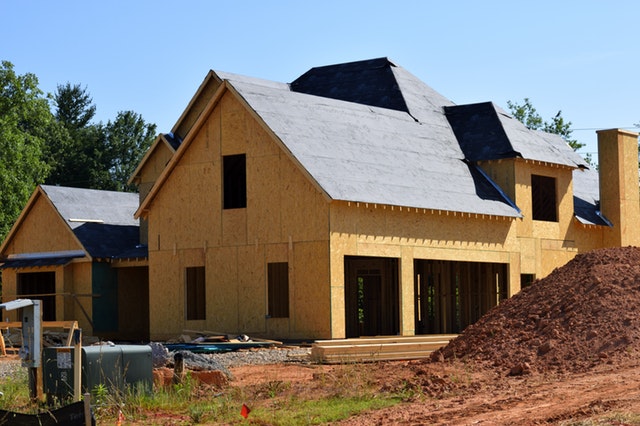The need for geotechnical engineering in Melbourne is immense, one of the sole reasons is getting excavation support to explain the soil and rocks mechanics during the developmental processes and Evolving World. Geotechnical engineering comes handy when designing structures and foundations of roadways, levees, slopes, retaining structures, dams, embankments, landfills, wharves, tunnels and all those systems which constructed with or over rock or soil.
Geotechnical engineers provide sound judgment and share relevant experience on code-based designs of soils that are under the influence of loading forces and interactions between soil water. They apply their knowledge to the plans of clay liners, foundations, geosynthetics for waste containment, earth dams and retaining walls.
You will need geotechnical engineering in Melbourne to work on diverse, high-profile projects while developing your skills. You will work as a part of planning, involvement in large residential, transport projects, route selection for railways and highways, land and commercial development. Contributing to field investigations, reposting on geotechnical projects teamwork and undertaking a mixture of field and office work. This is a fantastic opportunity to make your dream as engineering comes to reality with the mix of high-profile, exciting action and projects in Melbourne.
Responsibilities and Roles of Geotechnical engineering Melbourne?
Geotechnical Engineers holds and plays an integral part in the natural evolution. Their duties are numerous, some of the key responsibilities are:
Evaluation and Investigation of all Geotechnical Dangers with the potential of landslides.
Measuring the bearing capacity, the possible interaction between the soil, structure and foundation, deformation of a foundation and the life-long quality of products used in the foundation.
Assessing the performance of retaining walls and earth pressure.
Conducting researches on the site, area, and
Tunnels, Excavations, and Caves strength assessment.
Embarkment Behavior Analysis
Essential Aspects that must be considered before choosing right Geotechnical Engineers for your project
If you have come this far, you probably understand the need of Geotechnical Engineers for your Project. However, how would you know if the Professionals you are hiring for your project are right or not? You must first understand the Important Aspects of Geotechnical engineering to Select which Geotechnical Professionals are fit for your project.
Transportation: Geotechnical Engineers that tends to design and ensure the life-long quality of Roads, Highways, and
Deep Foundation: What are all those Antennas, Bridges, Towers, High-rise structures are standing over? How are they standing so firm? Geotechnical Engineers ensure the broad foundation of High-rise structures by carefully designing keeping in mind the measurements and potential loading.
Landslides: Excavations that remain stable during land sliding and stabilizing the slopes that are a potential danger to the public safety.
Underground Structures: Construction of Underground Facilities such as tunnels and subways, underground highways, waterways, waste storage, and
Dams: Water Drought prone areas need Dams, but barriers are not high built walls. They are constructed adequately by Geotechnical Engineers keeping in mind all the measurements and potential hazards.
Landfills: Designing methods of isolating solid waste from the environment to protect public health, thus reducing waste dumps.
Deep Excavations: Geotechnical Engineers use the Shoring method to provide Deep Excavations stability and ensuring the public safety by creating shoring systems that allow removal of deep excavations that is essential for construction in urban areas of drainages, underground metros, subways, and infrastructures.
Surface Characterization: Every surface has its properties, Geotechnical Engineers falling into this category would test the feature of cover in a laboratory to provide better measurements for the building and construction of a stronger foundation.
Offshore Structures: Facilities that extracts gas and oil or use Wind Power to generate Energy, Geotechnical engineers not only are responsible for their foundation stability, they are also responsible for determining the distance between Urban area and these sites to ensure the Public Safety.
Tasks and Skills essential for selecting a Professional Geotechnical engineering Melbourne?
Geotechnical Engineers tends to be more responsible as they are competent for designing a stronger foundation for giant infrastructure. Essential skills that a professional Geotechnical Engineer must contain are:
Determined
Puts Public Safety beyond
Eager to learn
Thinks beyond the scope of imagination
Excellent communication skills to deliver exact ideas to the team
Exceptional visualization
Technical and mechanical skills
